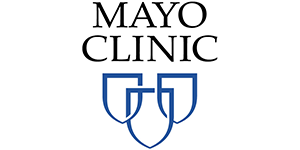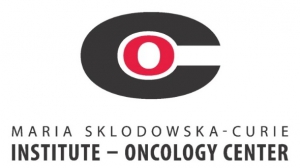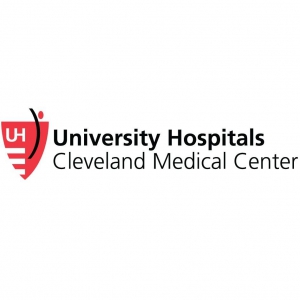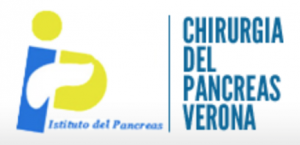Aim of the registry
Currently, surveillance for pancreatic cancer in the general population is not recommended, because the disease is so rare. However, some individuals seem to be at higher risk, for instance those with a family history of pancreatic cancer or a particular genetic background. All over the world, hospitals are studying the possibilities of screening and surveillance for pancreatic cancer in those individuals with highest risk. However, large numbers are needed to prove effectiveness. The CAPS registry aims to globally bundle results, in order to answer important research questions and develop evidence-based surveillance protocols.
Procedures
Each participating center designs and executes their own surveillance protocol with specific study procedures. Participating in the CAPS registry does not involve additional procedures, rules or limitations. The effectiveness of a surveillance program and the best way to perform surveillance are still under investigation. Therefore, small differences in the study procedures may exist between the different participating centers. For example, differences in the used diagnostic tests or the intervals between visits. One of the aims of the CAPS registry is to investigate these differences, so that surveillance programs can be optimized. For more information about the specific study procedures, please enquire at your local hospital.
Risk and insurance
As participant of the CAPS registry, you will not be exposed to specific risks. This registry only records the outcome of the surveillance program, designed and executed by your local hospital. Therefore, our ethical review board does not require additional insurance. For information about the risks and insurance of your local hospital’s surveillance program, please enquire at your local hospital.
Benefits
There are no individual benefits for participants of this registry. However, by participating in the CAPS registry, it is possible to contribute to answering important research questions and the development of evidence-based surveillance protocols. This, in turn, will benefit all individuals at high risk for the development of pancreatic cancer who will enter a surveillance program in the future, for example younger family members.
Participating centers and investigators
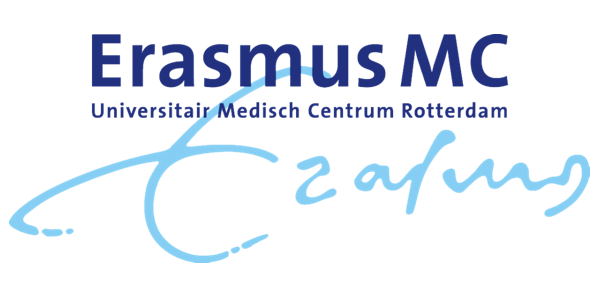 |
Erasmus University Medical Center, Rotterdam, The Netherlands Prof. dr. Marco J. Bruno, MD, PhD Assistant Prof. dr. Djuna L. Cahen, MD, PhD Dr. Jan-Werner Poley, MD, PhD Drs. Kasper A. Overbeek, MD Drs. Iris Levink, MD Drs. Brechtje D. Koopmann, MD |
 |
 |
Johns Hopkins Hospital, Baltimore, USA Prof. dr. Marcia I. Canto, MD, MHS Prof. dr. Michael G. Goggins, MD |
 |
 |
Academic Medical Center, Amsterdam, The Netherlands Prof. dr. Paul Fockens, MD, PhD Associate Prof. dr. Jeanin E. Van Hooft, MD, PhD, MBA Drs. Kasper A. Overbeek, MD Drs. Brechtje D. Koopmann, MD |
 |
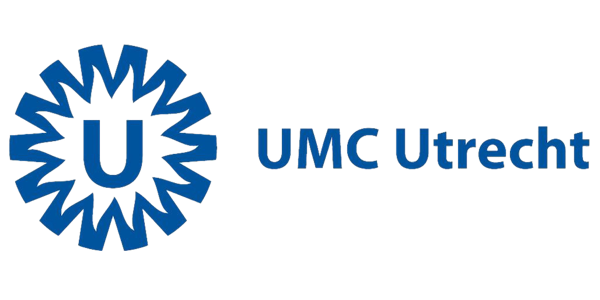 |
University Medical Center Utrecht, Utrecht, The Netherlands Dr. Margreet G.E.M. Ausems, MD, PhD Prof. Dr. Frank P. Vleggaar, MD, PhD |
 |
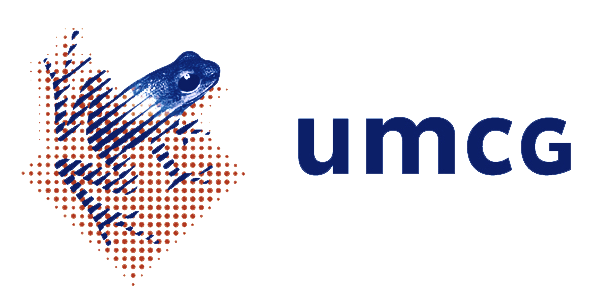 |
University Medical Center Groningen, Groningen, The Netherlands Dr. Hendrik M. Van Dullemen, MD, PhD |
 |
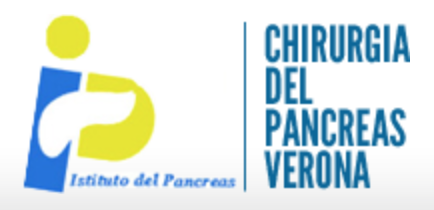 |
University of Verona, Verona, Italy Drs. Salvatore Paiella, MD Dr. Giuseppe Malleo, MD, PhD |
 |
 |
Washington University Medical Center St. Louis, USA Dr. Dayna Early, MD Thomas Hollander, RN, MS, BSN, CCRP |
 |
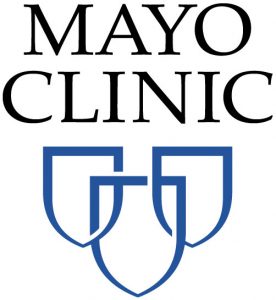 |
Mayo Clinic Florida Jacksonville, USA Prof. Dr. Michael Wallace, MD Dr. Pujan Kandel, MD |
 |
 |
Dana Farber Cancer Institute Boston, USA Dr. Sapna Syngal, MD, MPH Dr. John Saltzman, MD Tara Dhingra, MHS |
 |
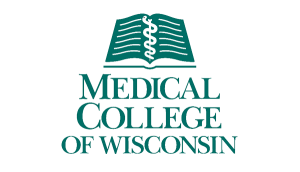 |
Medical College of Wisconsin Milwaukee, USA Associate Prof. dr. Susan Tsai, MD, MHS Dr. Jennifer Geurts, MS, CGC Dr. Chad Barnes, MD Dr. Idayat Akinola, MD, MPH |
 |
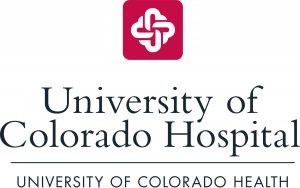 |
University of Colorado Denver Hospital Aurora, USA Associate Prof. dr. Cheryl Meguid, DNP, ACNP Dr. Brian Bauer, MD |
 |
 |
St. Vincent’s Hospital Sydney Dr. David Williams, MBBS, FRACP Dr. Alina Stoita, MBBS, FRACP Tanya Dwarte, clinical research coordinator |
 |
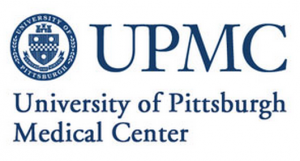 |
University of Pittsburgh Medical Center Dr. Randall Brand, MD |
 |
 |
University of Michigan Assistant Prof. dr. Elena Stoffel, MD Erika Skoeppe, MS |
 |
 |
The Maria Sklodowska-Curie Memorial Cancer Centre Dr. Marcin Polkowski, MD |
 |
 |
Beaujon Hospital Associate professor Dr. Vinciane Rebours, MD, PhD Dr. Louis de Mestier, MD |
 |
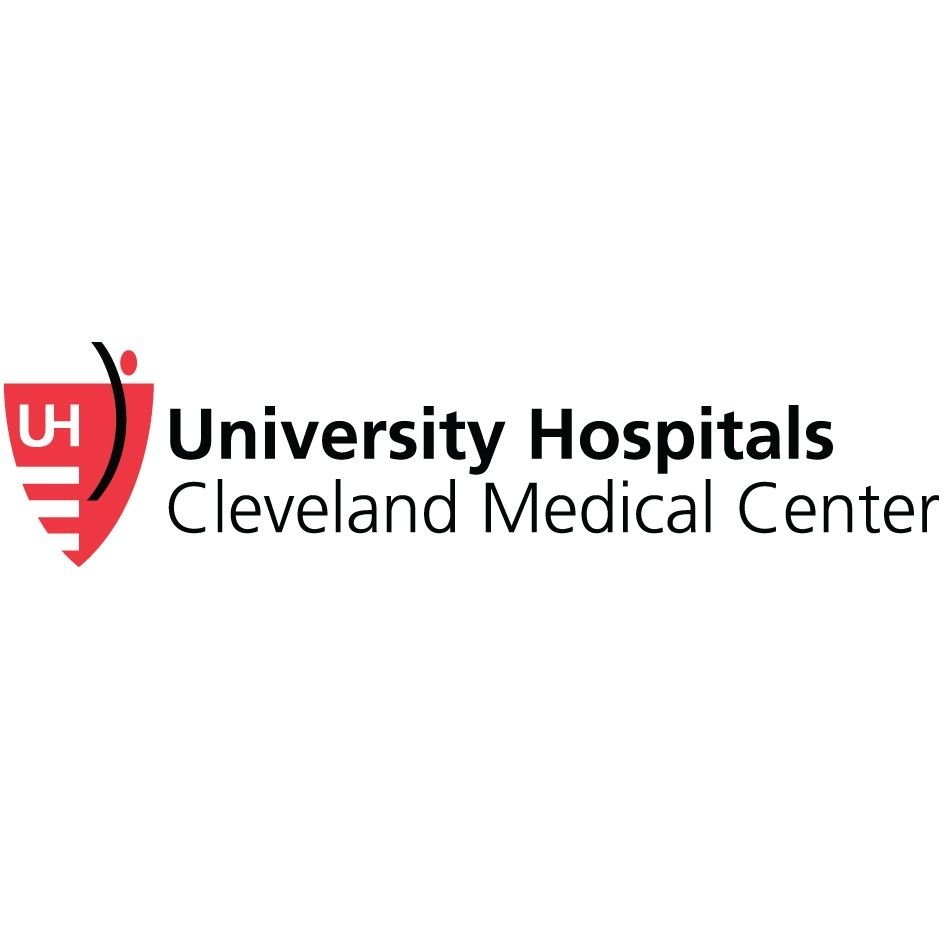 |
University Hospitals Cleveland Medical Center Professor Dr. Amitabh Chak, MD, PhD Nancy Furey, Research Nurse Coordinator |
 |

